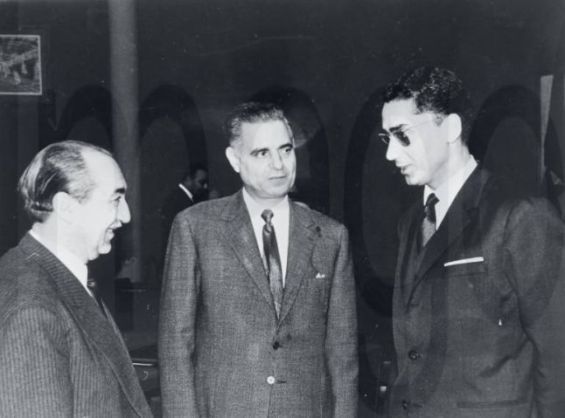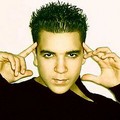In 1952, Moroccan politician Ahmed Balafrej attempted to address the UN Security Council and call for the end of French colonialism in Morocco. However, France, considering Morocco a colony, refused him permission to speak.
Pakistan, newly independent in 1947, intervened. Its Foreign Minister, Sir Chaudhry Muhammad Zafarullah Khan, ordered a Pakistani passport to be issued to Balafrej as soon as possible.
«The French authorities in Rabat revoked Balafrej's passport in 1952, jeopardizing his residency in the United States», recalled Mehdi Bennouna, a prominent figure in the Moroccan independence movement. «I knew of Foreign Minister Khan's strong support for Morocco and contacted him. I suggested Balafrej request a Pakistani passport, but he was hesitant».
French surprise
Bennouna then met with the Pakistani Foreign Minister at the UN and explained the situation. Khan promptly issued a decree granting Pakistani citizenship to Balafrej and appointing him to the Pakistani delegation.
The next day, when Balafrej sat with the Pakistani delegation at the UN Security Council, the French delegate demanded his removal, claiming he lacked proper credentials. The French were surprised to learn he was a Pakistani citizen and a member of their delegation.

Balafrej addressed the Security Council, expressing gratitude for Pakistan's assistance and calling for the end of French colonialism. France protested to Pakistan, but the government refused to retract the citizenship grant.
Balafrej subsequently used his Pakistani passport to travel the world, advocating for Moroccan independence and the return of King Mohammed V, who was exiled by French Resident-General Juin in August 1953.
After becoming Foreign Minister in Morocco's first post-independence government in 1956, Balafrej proudly displayed his Pakistani passport on his desk.
Ongoing relations
This act cemented excellent diplomatic relations between Pakistan and Morocco. Both countries have consistently supported each other in domestic and international affairs.
Further strengthening ties, Pakistani Prime Minister Chaudhry Muhammad Ali boycotted UN meetings in 1955, offering «full support to the Moroccan people's struggle for independence».
We were honored by the visit of M.Anis Balafrej. I presented him with a copy of the same Pakistani diplomatic passport issued to his father Mr Ahmed Balafrej in 1952.Long live Pak-Morocco friendship and cooperation!The Embassy in Rabat is located on the Avenue that bears his name pic.twitter.com/zJkGkgtknY
— Pakistan Embassy Morocco (@PakinMorocco) December 29, 2021
The close relationship continued after the 1971 Pakistan-India war, with Morocco emphasizing its support for Pakistan's unity and territorial integrity.
While Morocco's recognition of Bangladesh, which emerged from Pakistan in 1971, came later in 1973, Pakistan has consistently supported Morocco's position on the Western Sahara dispute.
Pakistan's unwavering support is evident in Ambassador Hamid Asghar Khan's statement in August 2021. He reaffirmed his country's position of never recognizing the so-called «SADR», adding, «We have always supported Morocco in the UN process».
In October 2021, Pakistani and Moroccan special forces conducted their first joint military exercises. Additionally, Morocco participated in Pakistan's «Aman» (Peace) naval exercise in February 2023, fostering discussions on mutual interests and maritime cooperation.





 chargement...
chargement...













